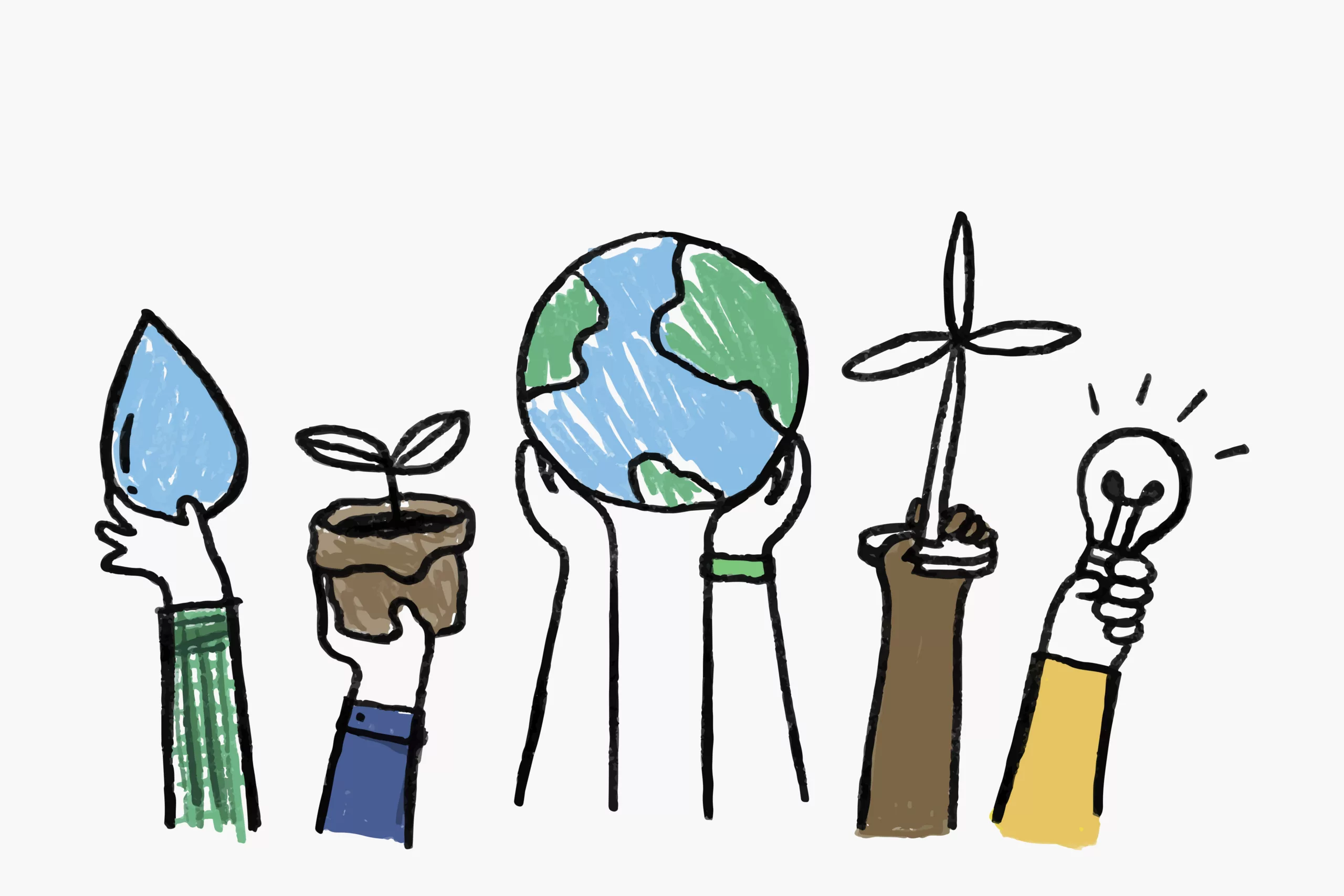How Indigenous values can enhance sustainability in Canadian businesses
Colonization severely suppressed Indigenous peoples’ values and cultural practices and replaced them with a Western outlook.
Canada attempted to eliminate Indigenous peoples’ cultural practices, languages, and core values by developing the residential school system, the Sixties Scoop and the Indian Act.
Reconciliation with Indigenous peoples is an ongoing and continuous effort. Therefore, Canadians should give Indigenous peoples the space to exercise their cultural practices while also learning from them, such as implementing these values into business practices.
Indigenous peoples established businesses and trade systems long before colonization. Although some procedures differed based on each Indigenous community, the core values exercised in early trade included reciprocity, care, trust, respect and generosity.
Indigenous peoples believe that everything is interconnected, so these core values are extended toward animals and other elements of the earth. Indigenous peoples are mindful of their trade and agricultural operations because if it hinders the earth, it hinders the people that live on it.
Therefore, these important principles can enhance sustainability when applied to other Canadian businesses.
How Indigenous peoples would hunt for materials showcases their core value of respect because they always maintained balance in the ecosystem. For example, the Chisasibi Cree practised a rotating hunting area technique. This practice consisted of rotating hunting sites and territories weekly whenever they hunted geese.
This practice can teach other non-Indigenous businesses in Canada that how they obtain their products matters greatly to their community’s environmental well-being. Food businesses should consider sourcing their products from local farmers instead of large-scale suppliers to lessen greenhouse gas emissions.
Local sourcing can also be used by other businesses, which results in decreased shipping costs and materials. It can also increase and enhance relationships between businesses and local suppliers.
Establishing relationships with local suppliers started with Indigenous peoples since they often engaged in trade protocols such as ceremonial gift-giving to demonstrate respect as they initiated trades. These respectful exchanges existed within early businesses such as the beaver trade.
The interconnectedness of time is another reason Indigenous peoples aim to be sustainable when consuming goods and trading. This means they consider the importance of the past and future as they view the present. They think about the next seven generations and how their present actions could impact future lives.
As a result, Indigenous peoples minimize waste in any way they can. For example, the Tikuna, Cocama and Yagua peoples in Puerto Nariño, Colombia, purposefully use compost in their soil as part of their food system. This makes the soil healthy for planting and growing food. Additionally, plastic materials are either repurposed as garden decorations or burned completely.
Business owners in Canada can integrate Indigenous attitudes regarding waste efficiency within their businesses by being mindful of their packaging waste. Plastic packaging from businesses contributes to the three million tonnes Canada produces yearly. Switching to sustainable packaging can make a big difference for the next seven generations.
Sustainable packaging options include corrugated bubble wrap, biodegradable packing peanuts, mushroom packaging and seaweed packaging as alternatives to plastic-based options.
Reciprocity is also an important principle in the Indigenous outlook. Their holistic beliefs and values regarding reciprocity translate to how they treat the environment. As Indigenous peoples obtain goods from the earth, they simultaneously contribute to the well-being of nature to maintain balance in ecosystems and express gratitude to natural elements.
The technique of shifting cultivation demonstrates how Indigenous peoples allow the earth to replenish after obtaining resources. This technique cultivates fertile land for crops until the soil naturally becomes unsuitable. Instead of manipulating the land, it is left alone so that natural vegetation can grow and become useful again for others.
Mutual exchanges between businesses and the earth can be made through charitable actions. There are many climate change and environmentally friendly charities in Canada that can help with resources businesses depend on.
For instance, if a business requires wood materials, it can form a cause-related marketing scheme with a charitable organization that plants trees and donate money with every sale it makes.
Additionally, businesses could motivate community action that helps the environment. For example, businesses could give customers a pack of seeds as a thank you to them and the earth. There are countless other ways to encourage communities to have a reciprocal relationship with the environment around them.
Ultimately, Indigenous peoples and their extensive environmental knowledge must be taken seriously. Indigenous peoples’ land accounts for only 20 per cent of the world’s territory but contains 80 per cent of the world’s biodiversity. If more businesses respect and implement Indigenous values in their business plans, it will positively affect the world around us. This way, we can ensure we leave behind a healthy and habitable planet for future generations.

Grace Nelson-Gunness
Grace Nelson-Gunness is a reporter for Business Hub. She enjoys watching Criminal Minds or reading a suspenseful horror-thriller novel while drinking a vanilla latte.

